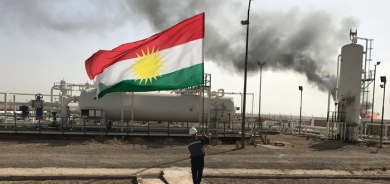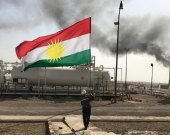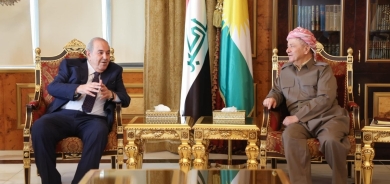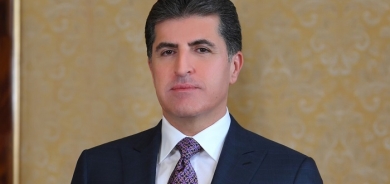Central Bank of Iraq Ensures Access to US Dollars for Citizens Amidst Market Concerns

Baghdad, Iraq - On Sunday, the Central Bank of Iraq (CBI) issued a directive compelling all Iraqi banks to collaborate with authorized foreign exchange centers to prevent any currency deficits within the country. In addition to this directive, the CBI issued a stern warning to Iraqi banks, stating that legal action would be taken against any institution obstructing Iraqi citizens from withdrawing US dollars.
Concerns over the value of the US dollar have been mounting in recent weeks, with the exchange rate soaring to unprecedented levels. Reports indicate that the value of 100 USD in both the Kurdistan Region and Iraqi markets has exceeded 160,000 Iraqi dinars. Rumors further fueled apprehension, suggesting that the value of 100 USD could potentially reach 170,000 dinars due to perceived delays by the US Federal Reserve System in sending cash to Iraq.
In response to these rumors, the CBI released an official statement denying that the US Federal Reserve System had halted cash transfers to Iraq. The statement clarified that cash would be supplied to Iraq in annual installments.
Tensions escalated as citizens in Baghdad and several other cities in central and southern Iraq protested against certain Iraqi banks that had prevented them from withdrawing money from their accounts in US dollars, despite previous deposits being made in dollars.
Governor Ali Mohsen al-Alaq of the Central Bank of Iraq announced on September 24 that, starting next year, all commercial transactions within the country would be conducted exclusively in Iraqi dinars.
In a move toward financial reform, on September 15, the US Department of the Treasury declared its commitment to collaborate with Iraq in enhancing the financial sector's integrity and security, with a specific focus on combating fraud, money laundering, and other illicit financial activities. This announcement followed a visit to Baghdad by Assistant Secretary of the Treasury for Terrorist Financing Elizabeth Rosenberg on September 12, during which she held discussions with top Iraqi officials, including Prime Minister Mohammed Shia al-Sudani.















